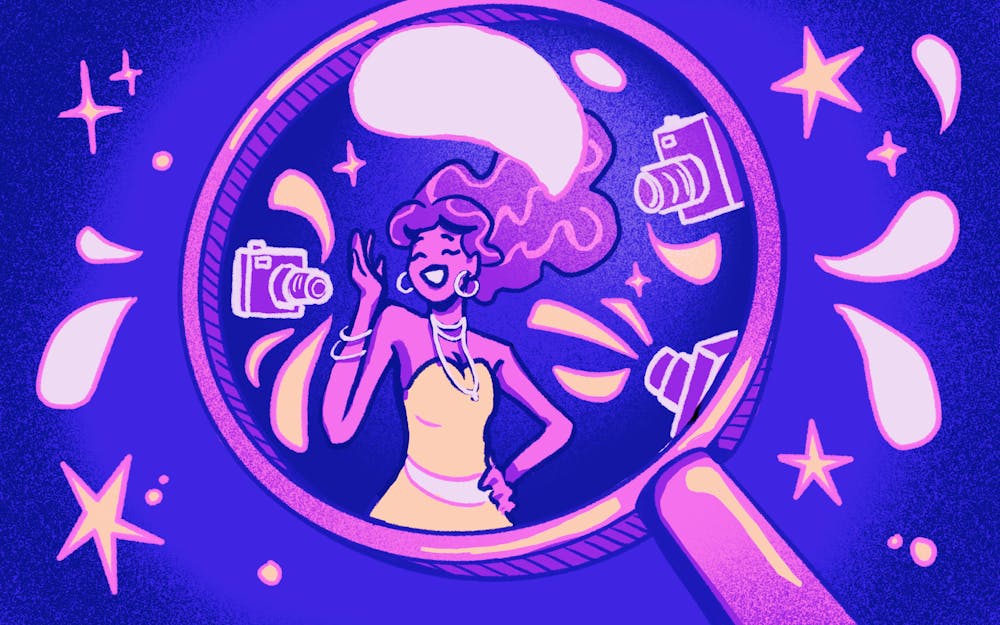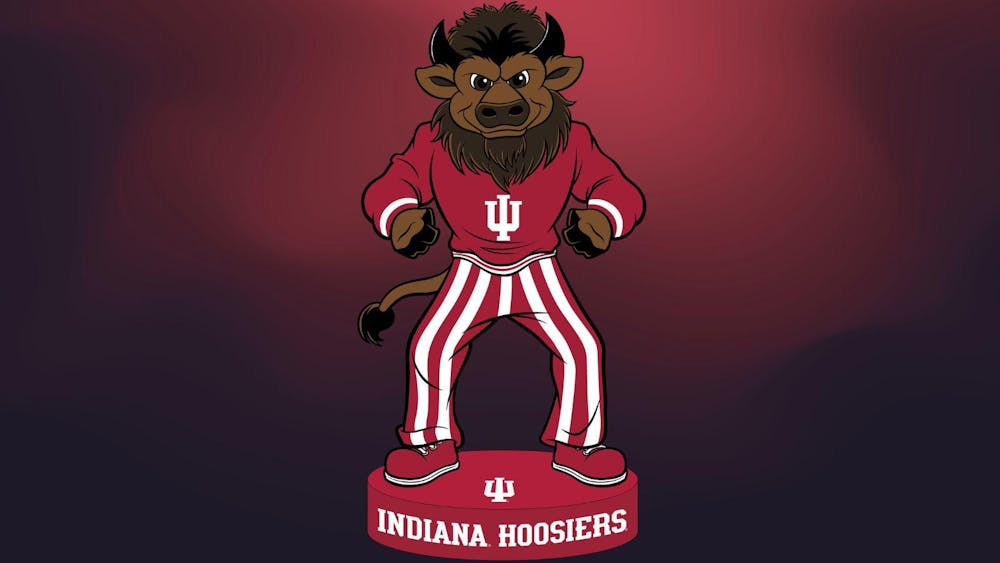Imagine that by some twist of fate, you instantaneously become famous. Exactly as you are now, just famous. Whether it’s recognition in your field or something you posted, you are now plunged into a new world of flashing lights and attention. For the sake of the argument, let’s say it was something positive, such that people adore you and become desperate to learn more about you.
So now, being famous, should you expect privacy?
Or should people begin digging into every discoverable crack and crevice of your life to extract every possible detail and opinion, and spread what they learn across the vast expanse of the internet?
There is an intense discussion about the privacy of celebrities, specifically in whether the pursuit of recognition voids their right to a personal life. Do they have a responsibility to be open with the public about their lives and beliefs? Or is it their right to keep some parts of their lives private? Is their right to privacy knowingly and willingly given up for a life of splendor?
That “life of splendor” celebrities experience is a two-way street. On the one hand, they experience the joys that come with doing what they love and receiving praise, money and recognition for it. On the other hand, it brings a terrifying level of scrutiny that is often unmanageable.
When I think about how awful it must be to have people watching your every move, camped outside your house with cameras, and ready to issue judgment at your every choice, it's no wonder that so many people who live like this suffer from mental illness and addiction. Once your job is your life and you become your own brand, there truly is no escape.
If we as a society truly value the work that a person brings into this world, such as their music, movies or work, we should also value their privacy.
Privacy is also a matter of safety. In an era where stalking and invasive behavior have become distressingly prevalent, the spotlight on public figures amplifies these risks exponentially. Constant scrutiny and invasion of personal space not only compromise celebrities’ mental well-being but also pose tangible threats to their safety and that of their loved ones. By acknowledging and respecting celebrities' privacy, we also acknowledge their inherent right to safety.
Celebrities’ right to privacy also extends to their beliefs and opinions. While celebrities often possess significant platforms and influence, it's crucial to understand that they're not obligated to address every single issue.
Just as privacy is essential for their safety, so too is discretion regarding the causes they choose to champion publicly. Speaking out on contentious topics can subject them to intense security concerns, including death threats like the ones received by Gigi Hadid and her family after publicly declaring her support for Palestine during the ongoing Israel-Hamas war.
Furthermore, not all celebrities are well-versed in every issue, and their opinions may not always be informed or helpful. Expecting them to constantly engage on every front overlooks the complex reality of the cause itself and of the person’s life, as well as the potential risks involved. Instead, we should respect their right to select causes that resonate with them personally, understanding that their impact can be just as meaningful, even if it's not on every front.
The spotlight of fame doesn't eclipse a person's fundamental right to privacy. Celebrities, like anyone else, deserve to navigate their lives without constant intrusion and scrutiny. Respect for their privacy isn't just a matter of courtesy; it's a necessity for their well-being and safety. Moreover, while celebrities may have significant platforms, they aren't obligated to address every issue or share every aspect of their lives.
Just as we value their contributions to entertainment and culture, we should also value their autonomy and right to privacy. So, whether it's the person under the magnifying glass or the one behind the camera, let's remember: privacy is a universal right that transcends fame.
Now let’s get back to you. What would you want?
Ainsley Foster is a sophomore studying elementary education.






